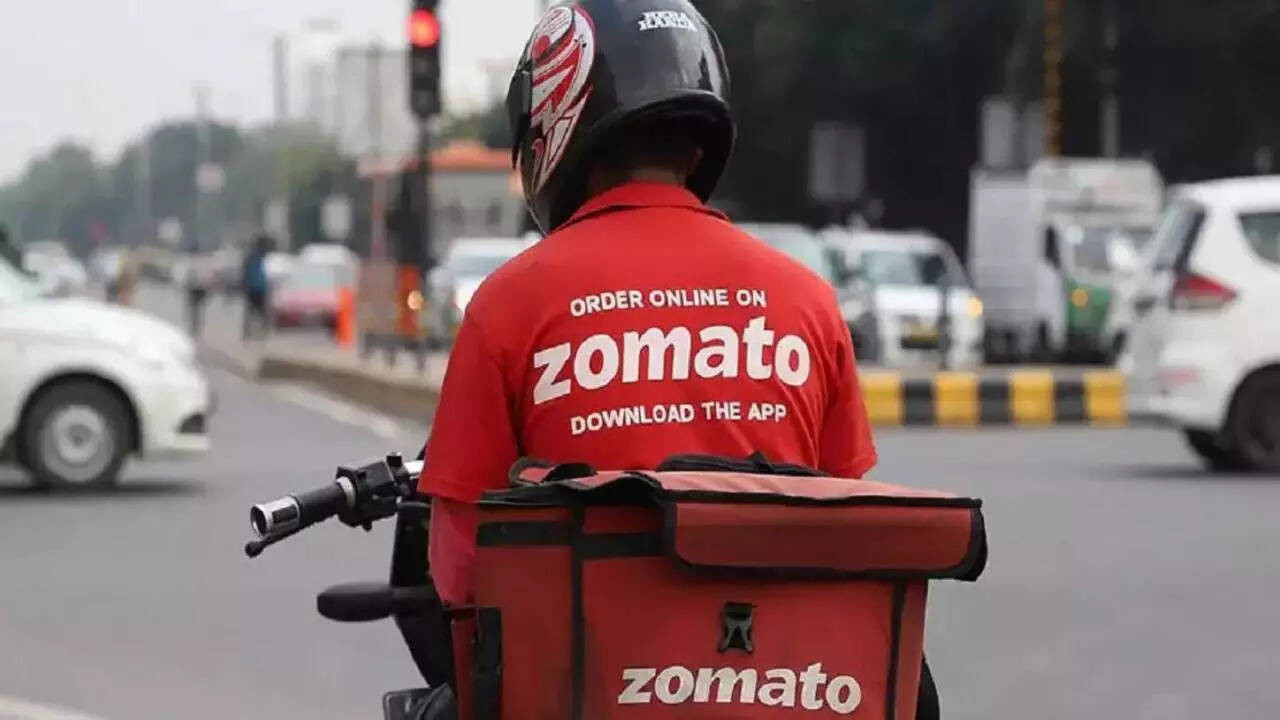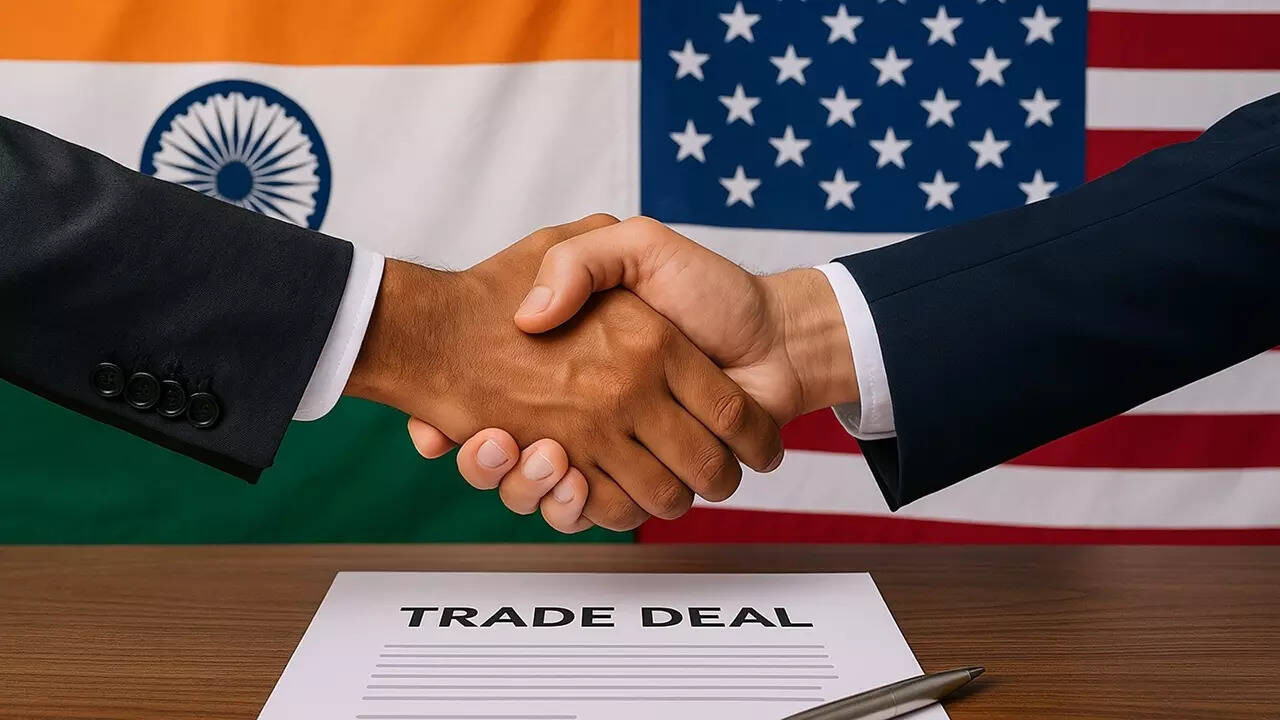Zomato will now share customer phone numbers with restaurants after obtaining user consent, a significant win for the industry. This move allows eateries to directly engage with customers, enhance their experience, and gain valuable insights into ordering patterns and offline store visits. The National Restaurant Association of India is also in discussions with Swiggy for a similar data-sharing arrangement.
Beyond “Out for Delivery”: Zomato Bridges the Gap with Restaurant Contact Sharing
For years, the relationship between you, your favorite restaurant, and Zomato has been a neatly defined triangle. You place the order, Zomato handles the logistics, and the restaurant cooks up the deliciousness. But what happens when things go sideways? Miscommunication, specific dietary requests, or even just a burning question about an ingredient – navigating these scenarios often felt like shouting into the void. That might be changing soon.
Zomato is rolling out a significant update: restaurants will soon have access to your contact information. Yes, that means your phone number. Before you reach for your pitchforks, let’s unpack why this is happening, how it will work, and what it means for your future food deliveries.
Why Share Customer Contact Details? Addressing the Communication Void
The driving force behind this change is simple: better communication. Think about those times you needed to clarify a complex order, wanted to add a last-minute instruction, or needed to reschedule a delivery due to an unexpected delay. Previously, these situations often involved frustrating back-and-forths with Zomato’s customer support, acting as a sometimes inefficient middleman.
Giving restaurants direct access allows for immediate and more personalized communication. Imagine you have a severe nut allergy and want to double-check an ingredient. Instead of relying on Zomato’s support to relay the message, the restaurant can directly confirm the details with you, ensuring your safety and peace of mind. This direct line can also expedite solutions to issues like incorrect orders or missing items, leading to faster resolutions and happier customers.

It’s a move towards empowering restaurants and fostering a more direct relationship between them and their clientele. This isn’t just about fixing problems; it’s about building trust and loyalty. When restaurants can directly address your concerns and cater to your specific needs, it fosters a stronger sense of connection and encourages repeat business.
How Will Customer Contact Sharing Work? Privacy and Control
The obvious question is: what about privacy? Zomato is acutely aware of these concerns. The company has stated that restaurants will only be able to use your contact information to resolve order-related issues. They aren’t supposed to use your data for marketing purposes or other unsolicited communications.
While Zomato hasn’t released all the nitty-gritty details, expect to see safeguards in place to prevent misuse. This could include monitoring communication patterns, setting clear usage guidelines for restaurants, and implementing mechanisms for users to report abuse. It is critical that Zomato provides users with transparency and control over their data. The burden of ensuring data protection and responsible usage rests heavily on them.
The Potential Benefits: Enhanced Service and Faster Resolutions
The potential advantages of this new system are hard to ignore. Quicker problem resolution is a big one. Imagine your delivery driver is struggling to find your apartment building. Instead of waiting for Zomato support to relay your directions, the restaurant can call you directly and guide them to your door.
Improved order accuracy is another key benefit. Clarifying complex orders or confirming specific dietary requirements becomes much easier with direct communication. This is particularly important for individuals with allergies or specific dietary needs, where even a small error can have significant consequences.
Beyond these practical benefits, there’s also the potential for a more personalized experience. Restaurants can now better understand their customers’ preferences and tailor their offerings accordingly. This could lead to more customized recommendations, exclusive deals, and a stronger sense of connection with your favorite eateries.
Navigating the Future of Food Delivery: What’s Next?
This move by Zomato signals a shift in the food delivery landscape. It’s a recognition that direct communication and personalized service are becoming increasingly important in a competitive market. The success of this initiative will depend on how effectively Zomato can balance the benefits of direct communication with the need to protect user privacy.
This evolution also highlights the growing importance of customer relationship management (CRM) in the restaurant industry. Restaurants that embrace technology and prioritize customer engagement are likely to thrive in this changing environment. It’s not just about delivering food; it’s about building relationships and providing a seamless, personalized experience. For further insights, explore how technology is reshaping the restaurant industry for both customers and businesses.
The future of food delivery is evolving, and Zomato’s move to share customer contact information could be a game-changer, if implemented responsibly. Will this experiment result in a more streamlined, efficient, and personalized experience for both customers and restaurants? The answer hinges on Zomato’s ability to build trust and ensure the responsible use of customer data.







